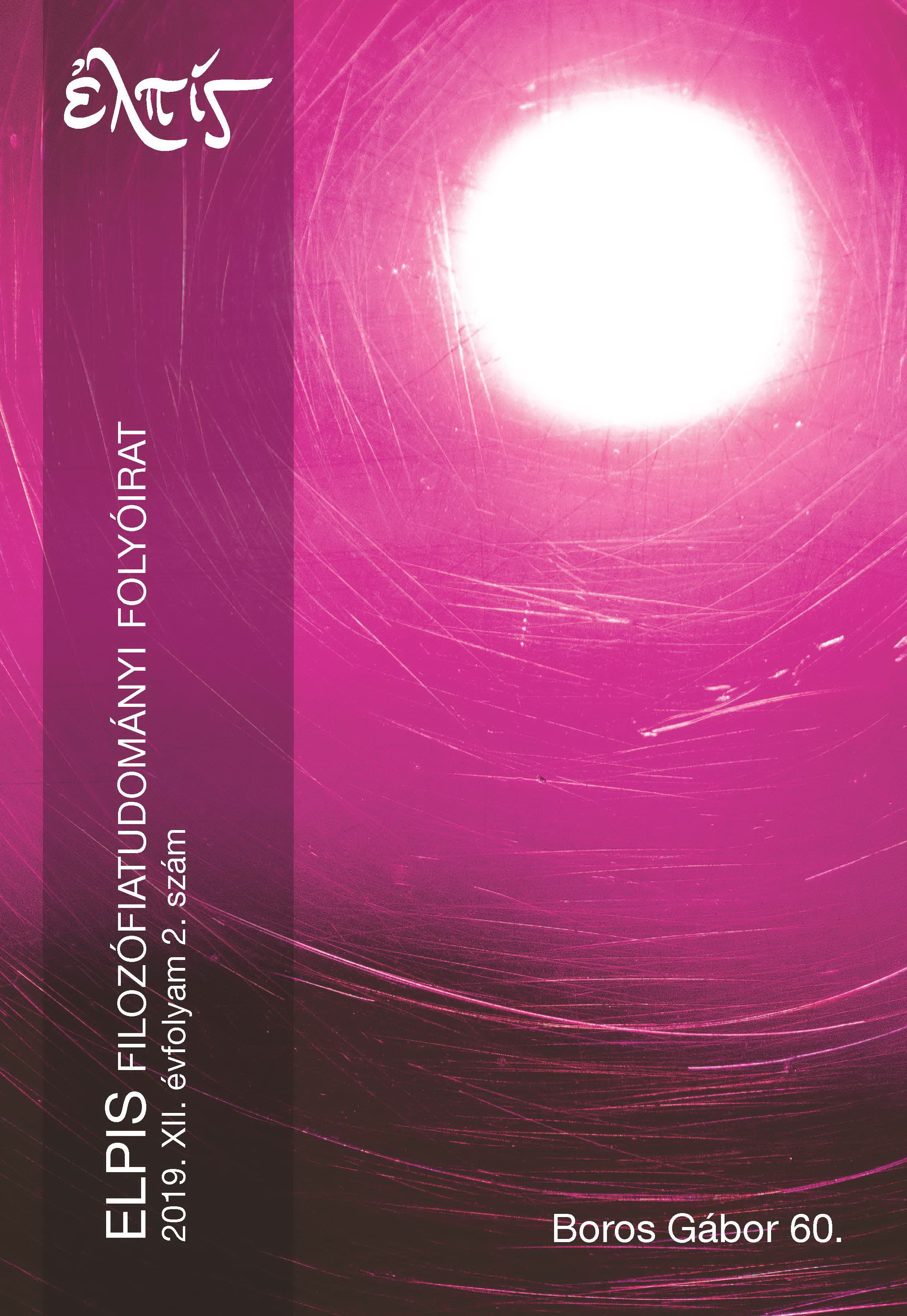Attention and Distraction. Controlling Perception in the Age of the Late German Enlightenment
DOI:
https://doi.org/10.54310/Elpis.2019.2.6Keywords:
G. F. Meier, Moses Mendelssohn, Kant, Marcus Herz, Distraction, AttentionAbstract
In my paper, I will focus on the shifting boundaries between normality and abnormality in the age of the late German Enlightenment by analysing four different theories of distraction (Zerstreuung): (a) Georg Friedrich Meier’s Wolffian theory, (b) a popular philosophical position elaborated by “neo-Wolffian” Moses Mendelssohn, (c) Immanuel Kant’s conception, (d) and Marcus Herz’ theory. I will outline the process of pathologizing distraction, clarifying how the person’s responsibility for preserving her concentrated attention and in general for her own mental health was growing at the end of the 18th century. I will point out the connection between the increasingly strong validity claim of the anthropological norm of total self-control, on the one hand, and the expansion of the early capitalist mode of production, on the other.




